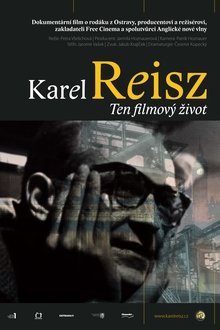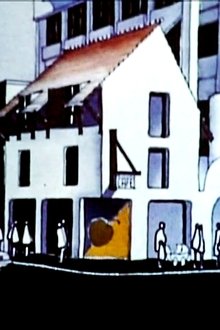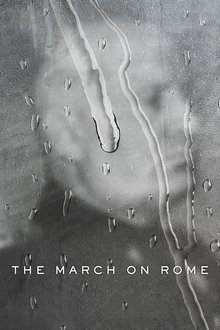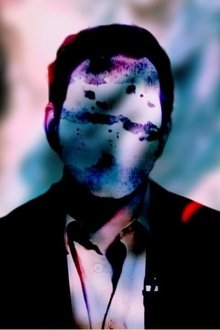A visual essay that highlights top-down shots from Wes Anderson's filmography.
Related Movies
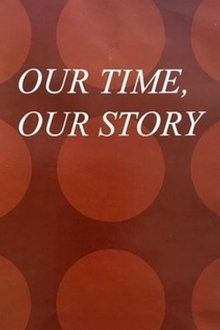
Our Time, Our Story (2002)
Richly illustrated with film clips and interviews, OUR TIME, OUR STORY tells the still-evolving story of the Taiwanese "new wave," from its rise in the early 1980s, as the island was democratizing after decades under martial law, through growing international recognition and domestic debate in the 1990s. Spearheaded in its early years by such filmmakers as Edward Yang, Ko I-cheng, Hou Hsiao-hsien and Wan Jen, the movement revitalized Taiwan cinema through low-budget experiments that emphasized personal stories, political reflection and stylistic invention. Said filmmakers, writers and actors like Wu Nien-jen and Sylvia Chang, even "second wave" directors Tsai Ming-liang and Lin Cheng-sheng provide fond reminiscences and retrospective insights in this compelling account of one of the most distinctive national cinemas of the last quarter-century.
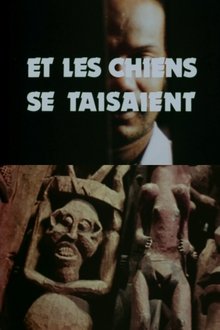
And the Dogs Were Silent (1976)
For 'Et les chiens se taisaient' Maldoror adapted a piece of theatre by the poet and politician Aimé Césaire (1913–2008), about a rebel who becomes profoundly aware of his otherness when condemned to death. His existential dialogue with his mother reverberates around the African sculptures on display at the Musée de l'Homme, a Parisian museum full of colonial plunder whose director was the Surrealist anthropologist Michel Leiris.
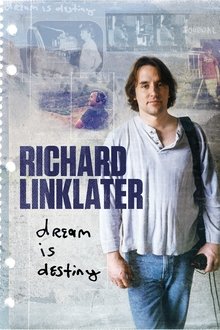
Richard Linklater: Dream Is Destiny (2016)
Highlighting one of the most innovative American directors, this film reveals the path traveled by the auteur from his small-town Texas roots to his warm reception on the awards circuit. Long before he directed Boyhood, Richard Linklater’s intense desire to create fueled his work outside the Hollywood system. Rather than leave Texas, he chose to collaborate with like-minded artists crafting modest, low-budget films in a DIY style. His ability to showcase realistic characters and tell honest stories was evident from his films, and others soon took notice of his raw talent.
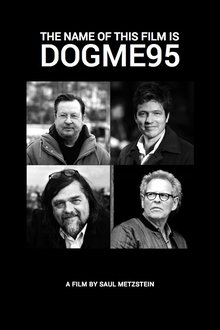
The Name of This Film Is Dogme95 (2000)
The Name of this Film is Dogme95 is an irreverent documentary exploring the origins of Dogme95, the most influential movement in world cinema for a generation. The film tells how a 'brotherhood' of four Danish directors armed with a radical Manifesto, has inspired, outraged and provoked filmmakers and filmgoers the world over. The rules of Dogme95 take filmmaking back to its brass-tacks - stories must be set in the here and now; the films must be shot on location, with a handheld camera, using natural light, and direct sound; the rules forbid murders and weapons (staples of the much-loved action-movie genre); and, most amusingly, the director must not be credited (that holds also for the director of The Name of this Film is Dogme95...).
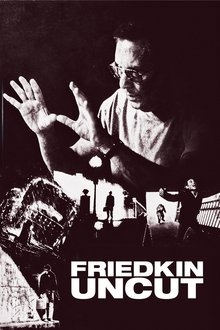
Friedkin Uncut (2018)
An introspective insight into the life and artistic journey of William Friedkin, an extraordinary and offbeat director of cult films such as The French Connection, The Exorcist, Sorcerer, Cruising, To Live and Die in L.A. and Killer Joe. For the first time Friedkin opens up, guiding the audience on a fascinating journey through the themes and the stories that have influenced his life and his artistic career.
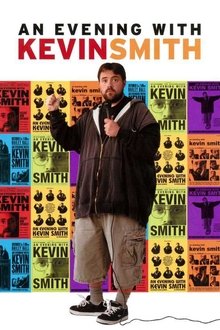
An Evening with Kevin Smith (2002)
Kevin Smith interacts in Q&A sessions throughout various college stops in the USA.
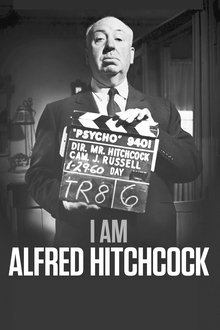
I Am Alfred Hitchcock (2021)
Interviews and archival footage weave together to tell the story of the Master of Suspense, one of the most influential and studied filmmakers in the history of cinema.

The Five Obstructions (2003)
In 1967, experimental filmmaker Jorgen Leth created a striking short film, The Perfect Human, starring a man and women sitting in a box while a narrator poses questions about their relationship and humanity. Years later, Danish director Lars von Trier made a deal with Leth to remake his film five times, each under a different set of circumstances and with von Trier's strictly prescribed rules. As Leth completes each challenge, von Trier creates increasingly further elaborate stipulations.
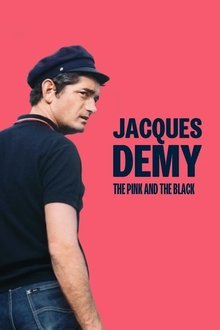
Jacques Demy: The Pink and the Black (2024)
Jacques Demy’s ability to enchant audiences was rooted in his personal struggles and doubts as a showman, establishing him as one of French cinema’s greatest artists.
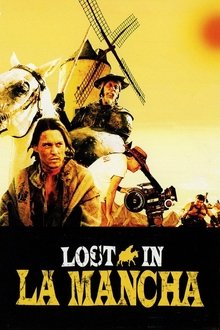
Lost in La Mancha (2002)
Fulton and Pepe's 2000 documentary captures Terry Gilliam's attempt to get The Man Who Killed Don Quixote off the ground. Back injuries, freakish storms, and more zoom in to sabotage the project.

Man with a Movie Camera (1929)
A cameraman wanders around with a camera slung over his shoulder, documenting urban life with dazzling inventiveness.
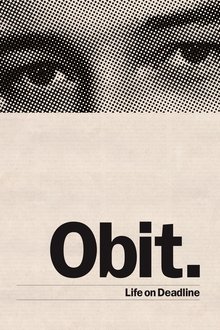
Obit (2017)
How do you put a life into 500 words? Ask the staff obituary writers at the New York Times. OBIT is a first-ever glimpse into the daily rituals, joys and existential angst of the Times obit writers, as they chronicle life after death on the front lines of history.

Alleen op de Wereld (2019)
We get up, go to work, eat and go to bed. Is our life about daily rituals or is there a deeper, more inscrutable meaning of life? Kjeld lives surrounded by nature in his small house and soon becomes a father. He seeks satisfaction in the simplicity of life in nature. Anna is a young artist looking for answers in her poetry and music. A philosophical documentary essay in which the search for the core of life is central. How should we live if there are no answers anywhere?
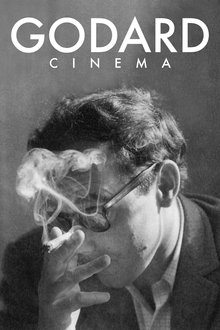
Godard Cinema (2023)
Jean-Luc Godard is synonymous with cinema. With the release of Breathless in 1960, he established himself overnight as a cinematic rebel and symbol for the era's progressive and anti-war youth. Sixty-two years and 140 films later, Godard is among the most renowned artists of all time, taught in every film school yet still shrouded in mystery. One of the founders of the French New Wave, political agitator, revolutionary misanthrope, film theorist and critic, the list of his descriptors goes on and on. Godard Cinema offers an opportunity for film lovers to look back at his career and the subjects and themes that obsessed him, while paying tribute to the ineffable essence of the most revered French director of all time.
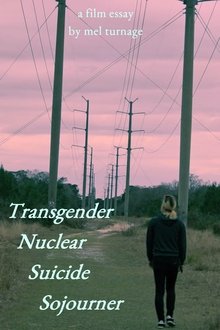
Transgender Nuclear Suicide Sojourner (2023)
Lies can kill. Transgender Nuclear Suicide Sojourner is an exploration of propaganda, lies, and the overwhelming urge to end it all.

